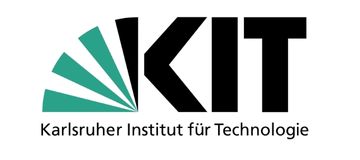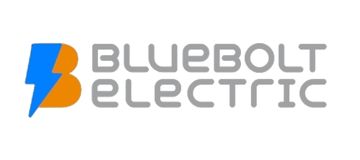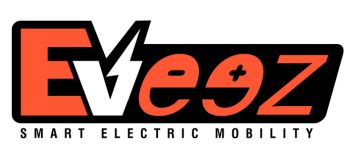Our Alumni’s works in
























When climate change is the main concern, the most sustainability is needed in the field of the automotive industry in terms of fossil fuel combustion where Electric Vehicle with the shortened acronym as EV took the important alternate option.
























Programs Accredited by Govt. Bodies

No 06-01 Jalan Padan Ria 4, Pusat Perdagangan Padan, 81100 Johar Bahru

DIYguru, Vroom Services Limited, Level 6, Plot 10, Road 12, Block F, Niketan, Gulshan, Dhaka 1212.

DIYguru, Abhiyantriki Karmashala Pvt. Ltd. ward No. 06, Dadhikot, Suryabinayak, Bhaktapur, Nepal
Learners from 170+ countries have grown in their career through our programs
Spend less time worrying about job availability, and more time growing your knowledge. Join DIYguru Program today.
If you’re a current student, please get in touch through the DIYguru dashboard to ask about more details of this Program.
Please note, eligibility for DIYguru course is reserved to students who have done related projects and have relevant profiles matching with the pre-requisite of this course.
Our 7-day money-back guarantee starts from the moment of signup and runs through the free week. Cancellations between days 7 and 30 will get a prorated refund.
Fees for the program is charged only when the admission is approved.

DIYguru is India’s largest Hardware Enabled upskilling platform for learners benefiting more than 85,000+ DIY enthusiasts across 400+ institutions through online courses and DIY KITS, imparting hands-on training to acquire industry relevant skills.
374, MG Road, South Delhi,
New Delhi (IN)- 110030

Copyright © 2014-22 | DIYguru Education & Research Pvt. Ltd. All rights reserved.